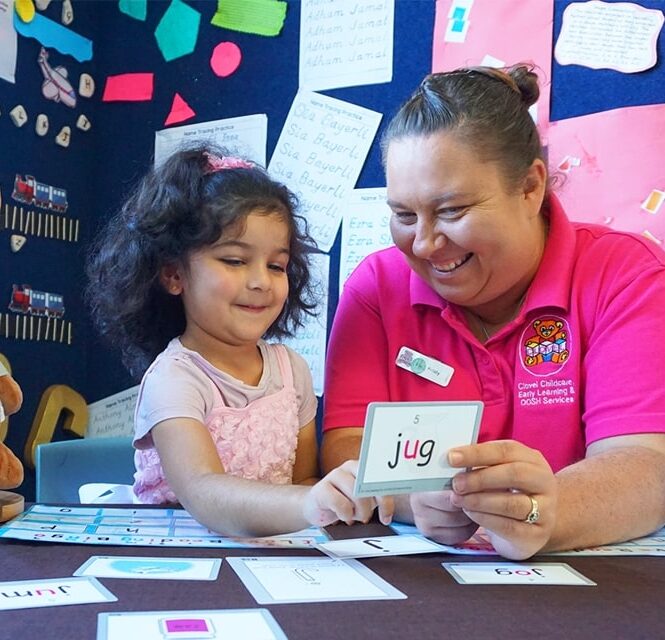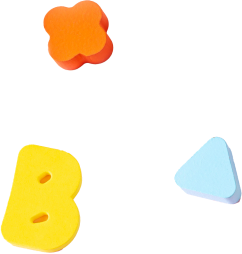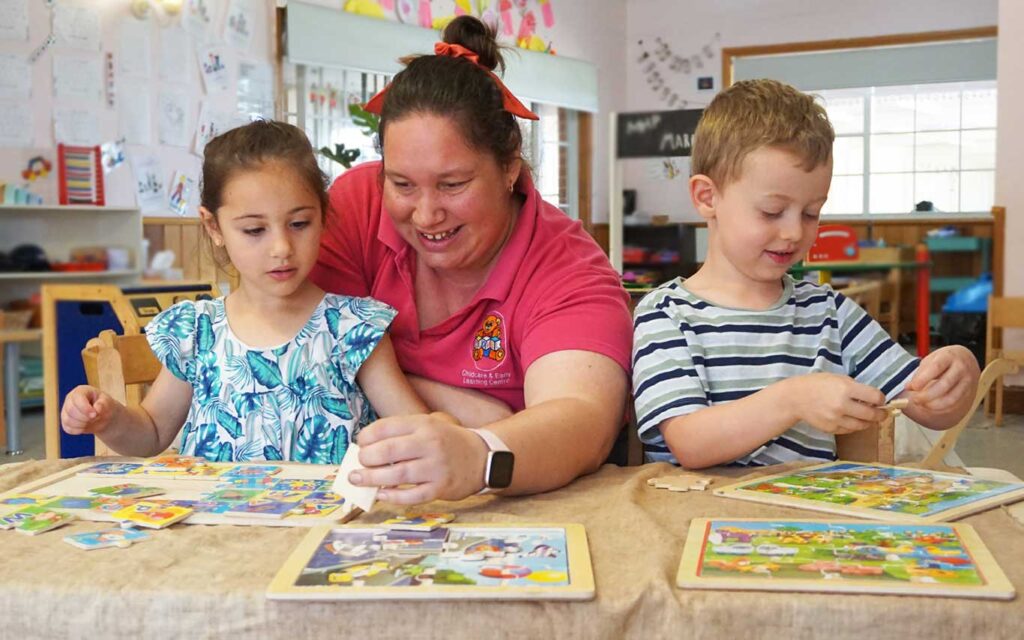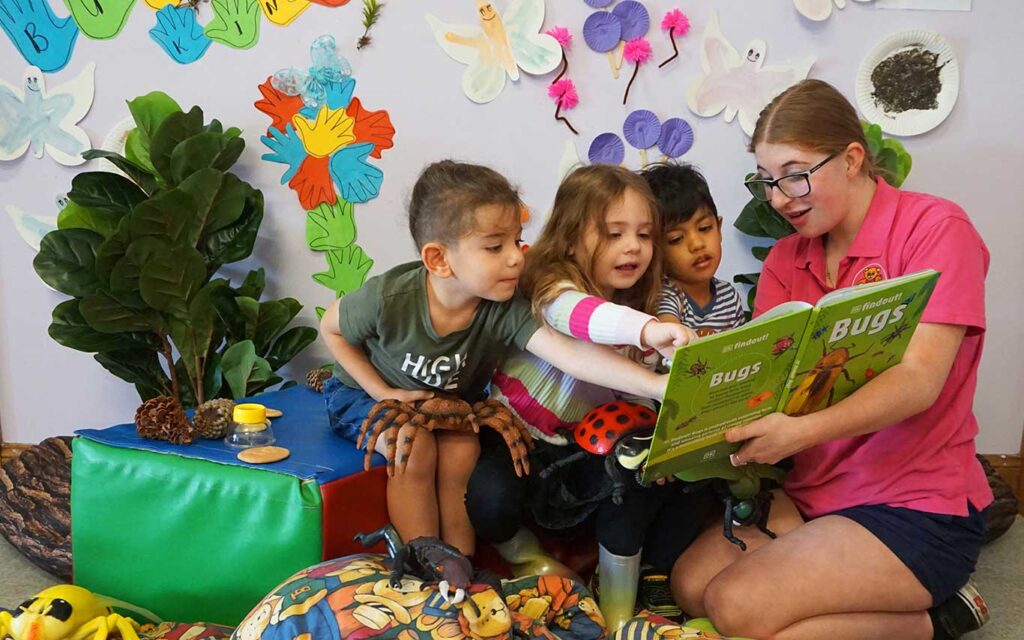
At Clovel, we believe that books and reading should be an essential part of childhood.
Reading will help your child develop their vocabulary, expand their knowledge and introduce them to different concepts like characters, cultures, and personalities




Your child’s introduction to the English Alphabet will come through the three key components of learning to read – That is, learning visually, phonetically and through sound.
Children need to know what words and letters of the alphabet look like before they can learn how to read.
Regular exposure to language and different words and letters will assist your child to develop a good vocabulary, understand complex concepts, and gain new perspectives.


Nursery rhymes and poetry are an essential part of your child’s development. Through poetry, children discover different sounds, rhythms, syllables, new words, and even phonetics. This helps develop essential language skills as well as confidence and self-esteem as the children develop to the level of reciting in front of their peers and educators.
Storytelling is more involved and personal than just reading a storybook aloud. Our Educators will often improvise, including voice, sound effects and even props that will create a more immersive experience for your child. The children follow the story pattern and instinctively understand the structure.
Our Educators will then ask the children questions, explain new concepts, and involve the children in discussion about the story.


Once your child understands the shape and pattern of the letters in the alphabet, we can then encourage your child to replicate the letters in wet sand, on play dough and finally on to paper.
Children between the ages of 2 to 6 are fast developing their Fine Motor Control so they can then learn intricate tasks like writing and drawing.


Reading a book and storytelling is fabulous for future literacy skill and this can be greatly enhanced by dramatisations and acting out the various roles in each story. Play Acting will boost your child’s confidence, self-esteem, sense of self-worth, proactivity and belonging. It will also encourage your child to:
Support For
Parents
Promoting Positive
Nutritional Habits
Everyday
Maths Skills

At Clovel, we aim to instil a lifetime love of reading in our children. With fun, play-based learning and thoroughly researched learning methods, we proudly help every child with the early development of their literacy skills.
Our children’s literacy program works on letter and word recognition, sounding out words and helping to develop the fine motor skills required for writing so that once they reach school age, they can enter the next phase of their development with the beginning of a passion for literacy that we hope will continue throughout their schooling years.


Clovel’s philosophy is centred around love, and with small class sizes and caring educators, you can be sure that your child’s literacy skills are nurtured throughout the learning process.
Early reading skills, including letter and word recognition, are an important part of the learning process that will help your child to continue to develop throughout their school years. The learning tools used during our literacy programs for preschoolers are fun for the children, gently guiding them to an understanding and comprehension of reading in a nurturing environment where achievement is rewarded, and they can feel pride in themselves for their successes.

The Clovel team of educators are inspired by the achievements of the children and there is a core belief that children need to be engaged to enhance the learning process. As with our numeracy and maths, physical activity and science and technology programs, our educators work to ensure that the children are engaged in the topic of learning so they can gain the most from each program, giving them a head start for their school years. We believe that preschool literacy programs are a strong foundation for lifelong learning that, even at a young age, can inspire a love for reading and writing that will continue throughout their formative years.



Each of our award-winning preschool programs is focused on the holistic development of your child’s core skills.
Our children’s literacy program concentrates on developing essential reading and writing skills as part of an all-encompassing preschool education.
By nurturing development in a range of areas, we can ensure that your child will never be bored by our preschool curriculum and will remain engaged while developing early childhood skills that will continue to serve them on their educational journey.
Together with healthy meals and the love that Clovel strives for every child to feel, you can be sure that this is the right choice for an early education that will help your child to thrive in the future. Contact Clovel today to discuss how our holistic and dynamic preschool literacy programs can benefit your child and see how we share your child’s learning journey with you via our wonderful Kindy Hub and through regular updates on our blog about the ways you can help your child to grow from home as well.

Our literacy program for preschoolers nurtures young readers through visuals and phonetics. From learning the alphabet to understanding the sound that each letter makes, we help children employ this understanding in the reading of basic words, bringing it all together in a fun and meaningful way. Our educators work to ensure that your child has a thorough understanding of letters and words before they make the transition into normal schooling.
The key to fostering successful literacy programs for preschoolers is ensuring that the work is fun for them. Play-based learning is one of our tools that is most successful in ensuring a comprehensive understanding of key elements in reading and writing. Nurturing and rewarding are also key elements to ensuring our programs are effective in the early development space. We work on developing confidence and self-esteem within our early learners, helping them feel the enjoyment that can be found in learning every day.
Learning is at the very core of what we do at Clovel. Playtime can be fun, but there is always an element of learning involved in every activity at Clovel, be it social or academic. We don’t intend to push children too hard, which is why our preschool literacy programs are designed to be fun and enjoyable for all. Literacy can be gained through many activities, from nursery rhymes and singing to reading and writing.
With a wealth of qualified educators in each Clovel Childcare Centre, we can ensure that each age group is receiving the education that is suitable for them. Group learning is designed to be fun for all children but we also focus on those that require a little more attention and discover different ways that we can foster a thorough understanding of literacy concepts with each individual child.
Parents can play a wonderful role in supporting their children’s participation in our literacy programs for preschoolers. Support from home helps your child to feel valued and enhances their learning capabilities with us. Follow our blog for some great tips on how you can support your child’s educational journey.
Choosing your child’s childcare and early learning centre is one of the biggest decisions you will ever have to make for your child. If you have more questions for us or would like to book a tour of one of our centres, please fill out our form and we’ll be in touch!






Join our Clovel newsletter to keep up to date with the latest news, blogs, tips & advice or follow us on YouTube, Facebook and Instagram.